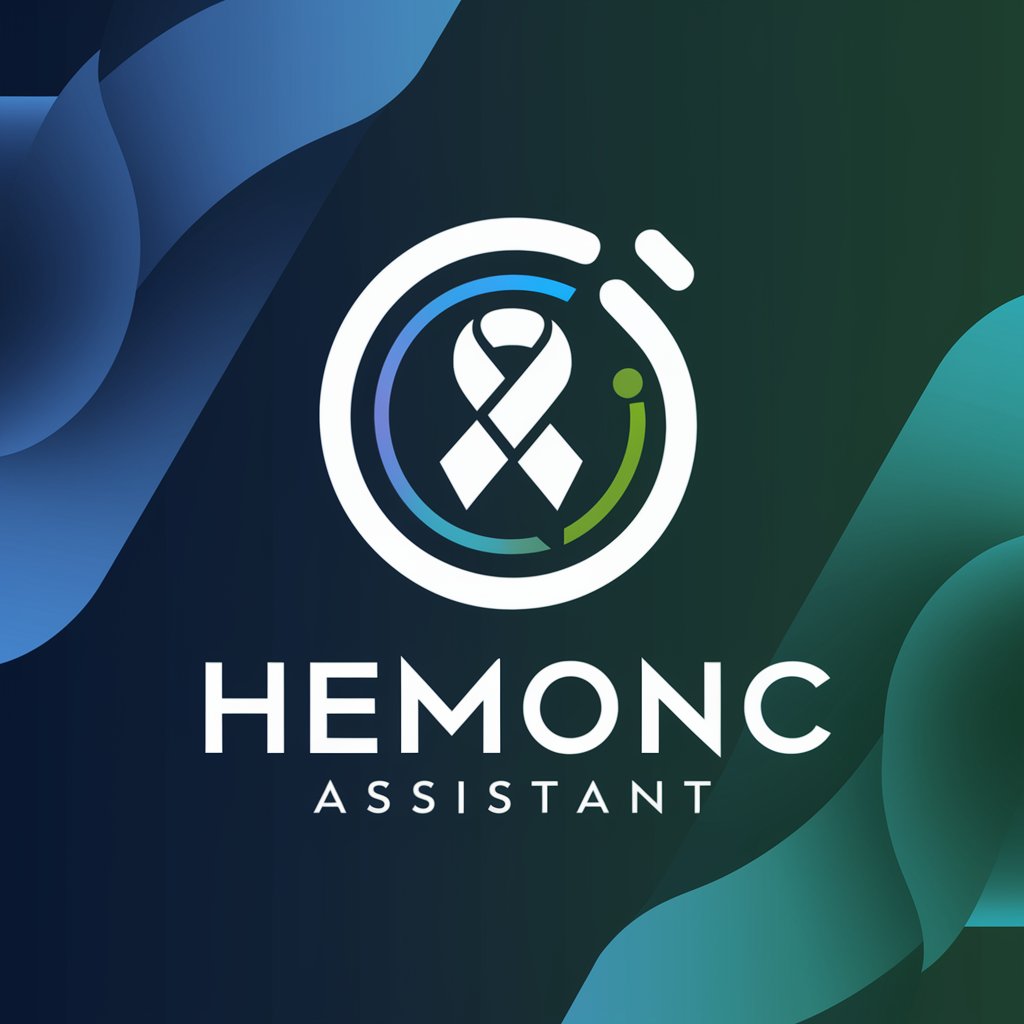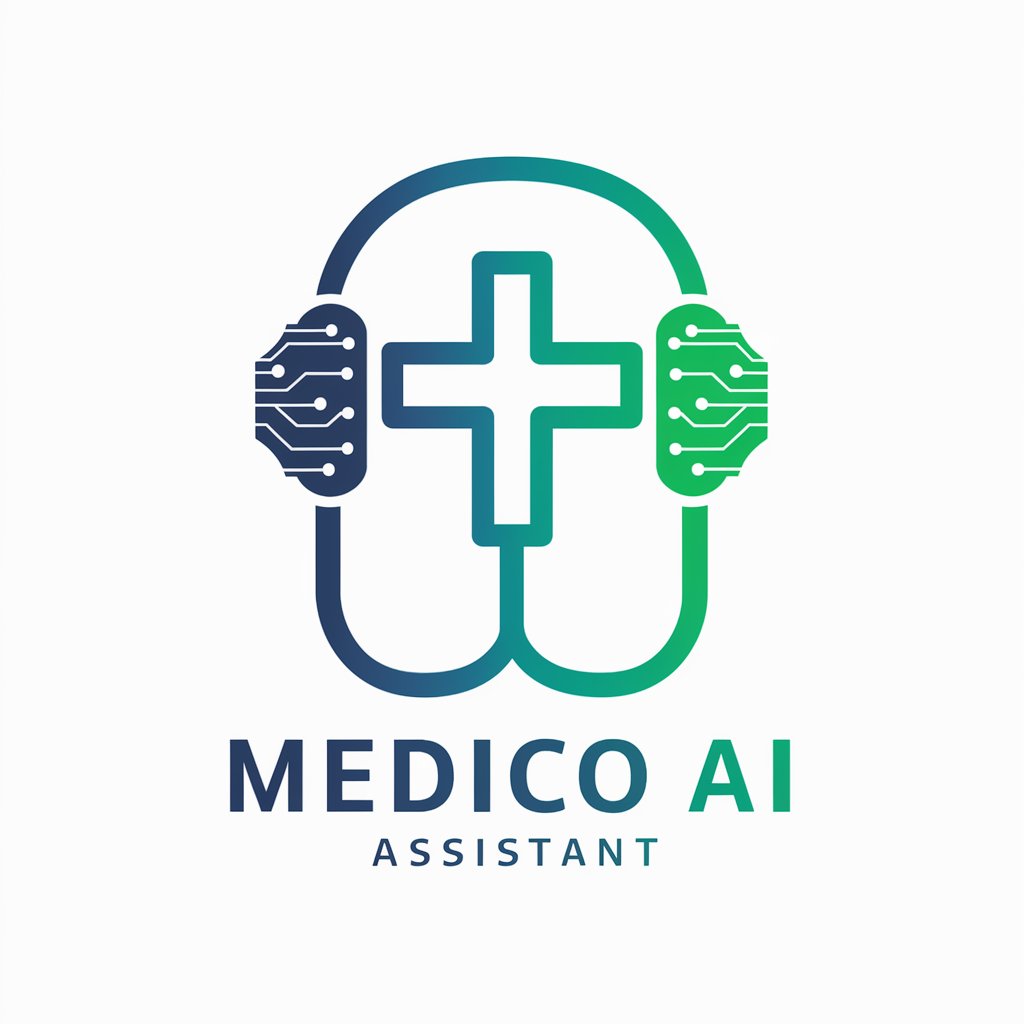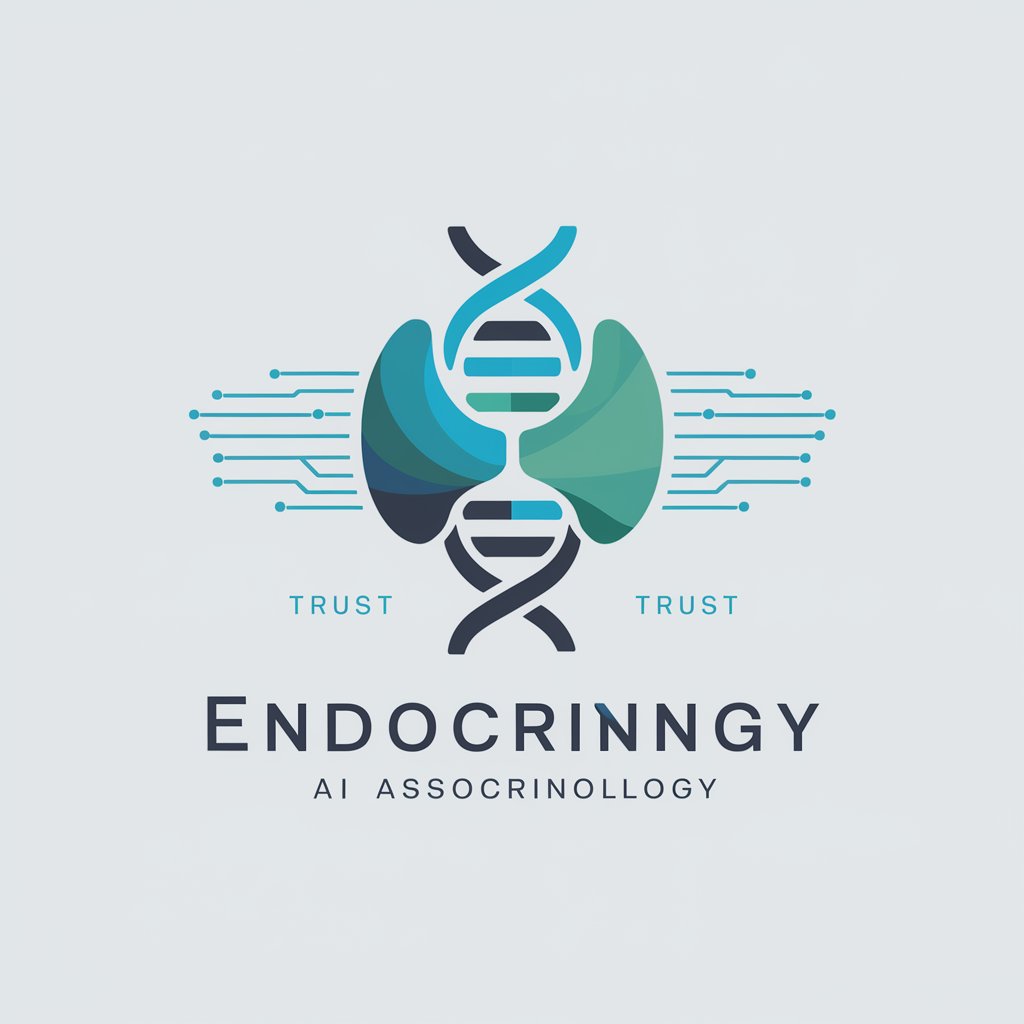
👨⚕️ Oncology Expert Assistant 💡 - Oncology Insight Tool
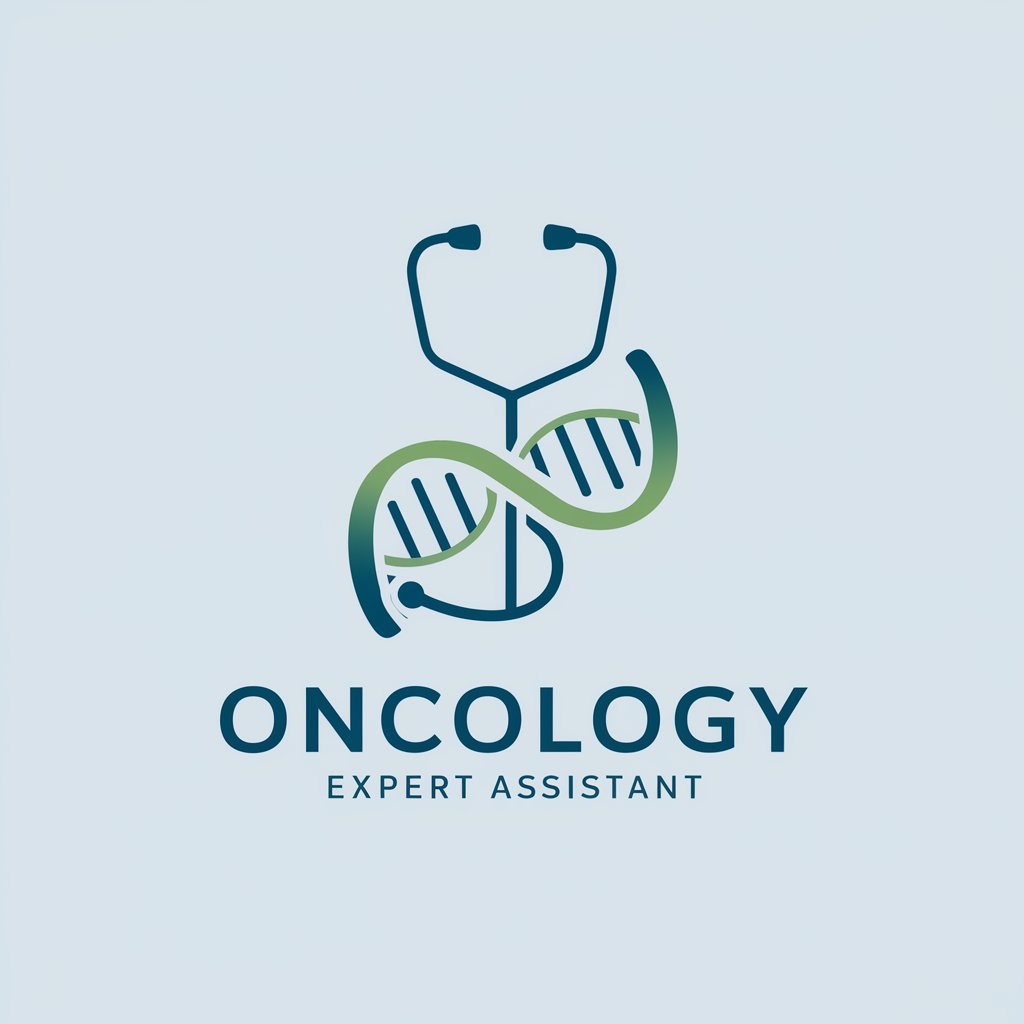
Hello! How can I assist you with oncology information today?
Empowering Oncology Understanding with AI
Can you explain the different types of cancer treatments?
What are the latest advancements in oncology research?
How can I understand clinical trial results better?
What are some common symptoms and diagnostic methods for various cancers?
Get Embed Code
Overview of the Oncology Expert Assistant
The Oncology Expert Assistant is a specialized AI assistant designed to provide comprehensive information on various aspects of oncology, including cancer types, treatments, ongoing research, and patient care. Its primary design purpose is to serve as an educational and informational resource for medical professionals, researchers, students, and anyone seeking to understand the complexities of oncology. This assistant uses a vast knowledge base and the ability to access the latest studies and data to offer insights into the oncology field. For example, it can simplify medical jargon, provide summaries of research articles, and generate hypothetical patient education materials, aiding in the dissemination of crucial information in an accessible manner. Powered by ChatGPT-4o。

Core Functions of the Oncology Expert Assistant
Simplification of Medical Jargon
Example
Translating complex oncological terms into understandable language for patients or non-specialists.
Scenario
A medical professional explaining the implications of a BRCA1 gene mutation in breast cancer to a patient.
Summarization of Medical Articles
Example
Providing concise summaries of recent oncology research findings.
Scenario
A researcher quickly grasping the outcomes of the latest clinical trial on immunotherapy for melanoma.
Creation of Educational Materials
Example
Generating patient education brochures on different treatment options.
Scenario
A nurse preparing materials to help patients understand the side effects and benefits of chemotherapy versus radiation therapy.
Visual Aid Generation
Example
Using DALL-E to create images that illustrate cancer growth or treatment effects.
Scenario
A teacher showing visual aids to students during a lecture on tumor biology.
Data Analysis Support
Example
Assisting in the interpretation and analysis of oncology-related data sets.
Scenario
A researcher analyzing patient survival data post-treatment with a new cancer drug.
Target User Groups for the Oncology Expert Assistant
Medical Professionals
Doctors, nurses, and other healthcare providers can use the assistant to stay updated on the latest treatments, explain complex medical information to patients, and enhance their clinical decision-making processes.
Researchers
Oncology researchers can benefit from the assistant's ability to quickly summarize recent studies, aid in data analysis, and keep track of ongoing clinical trials and research developments.
Students and Educators
Medical students and educators can utilize the assistant for teaching and learning purposes, including understanding oncological concepts, preparing for exams, and creating educational content.
Patients and Caregivers
Individuals seeking information about cancer diagnoses, treatment options, or the latest research findings can find the assistant's simplified explanations and educational materials particularly useful.

How to Use Oncology Expert Assistant
1
Visit yeschat.ai for a complimentary trial, no ChatGPT Plus subscription required.
2
Input your oncology-related question or topic of interest in the provided text field.
3
Select the specific area of oncology you need information on, such as treatment options, recent research, or patient care guidelines.
4
Review the generated information, which may include explanations, data analysis, or educational materials.
5
Utilize the feedback option to refine your query for more targeted information or ask follow-up questions as needed.
Try other advanced and practical GPTs
📝✨Content Strategy Star✨📊
Elevate Your Content with AI Power
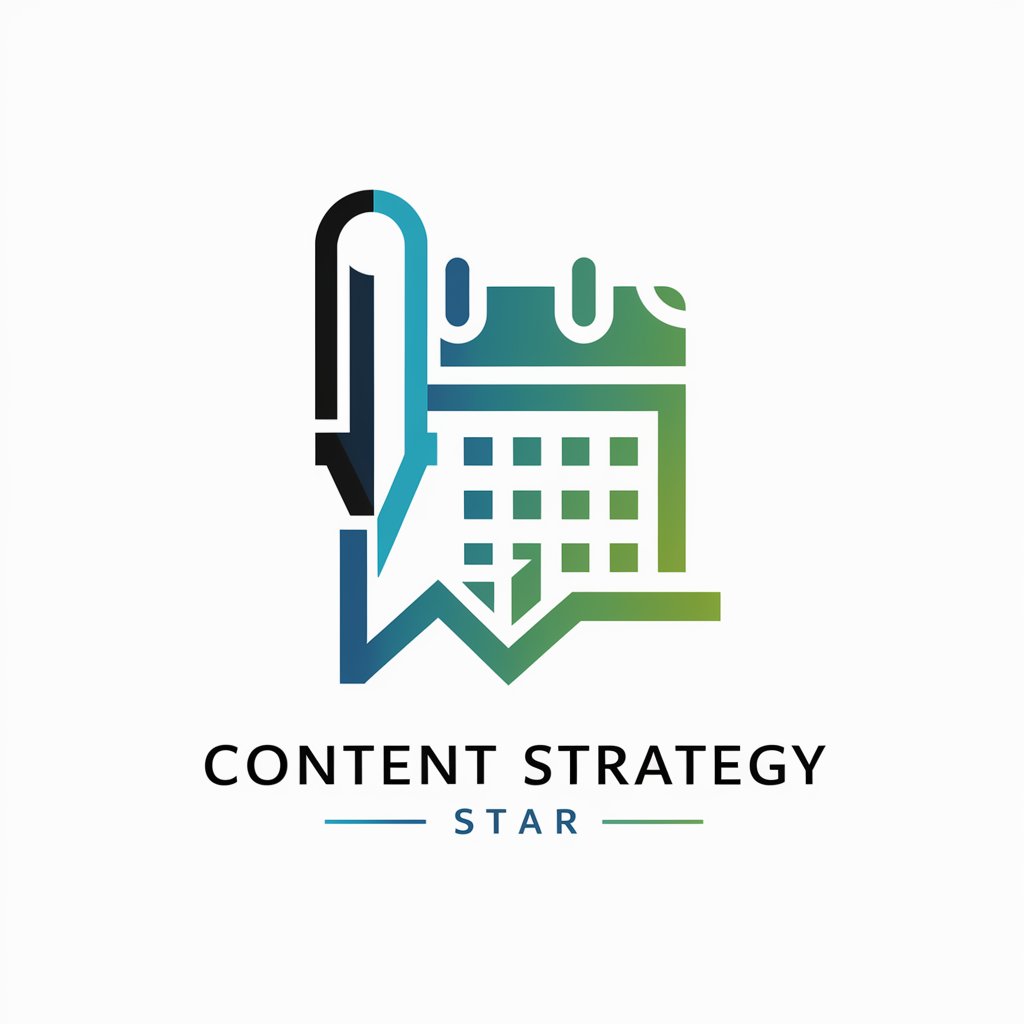
🩺 Kidney Care Companion 🏥
Empowering Your Kidney Health Journey
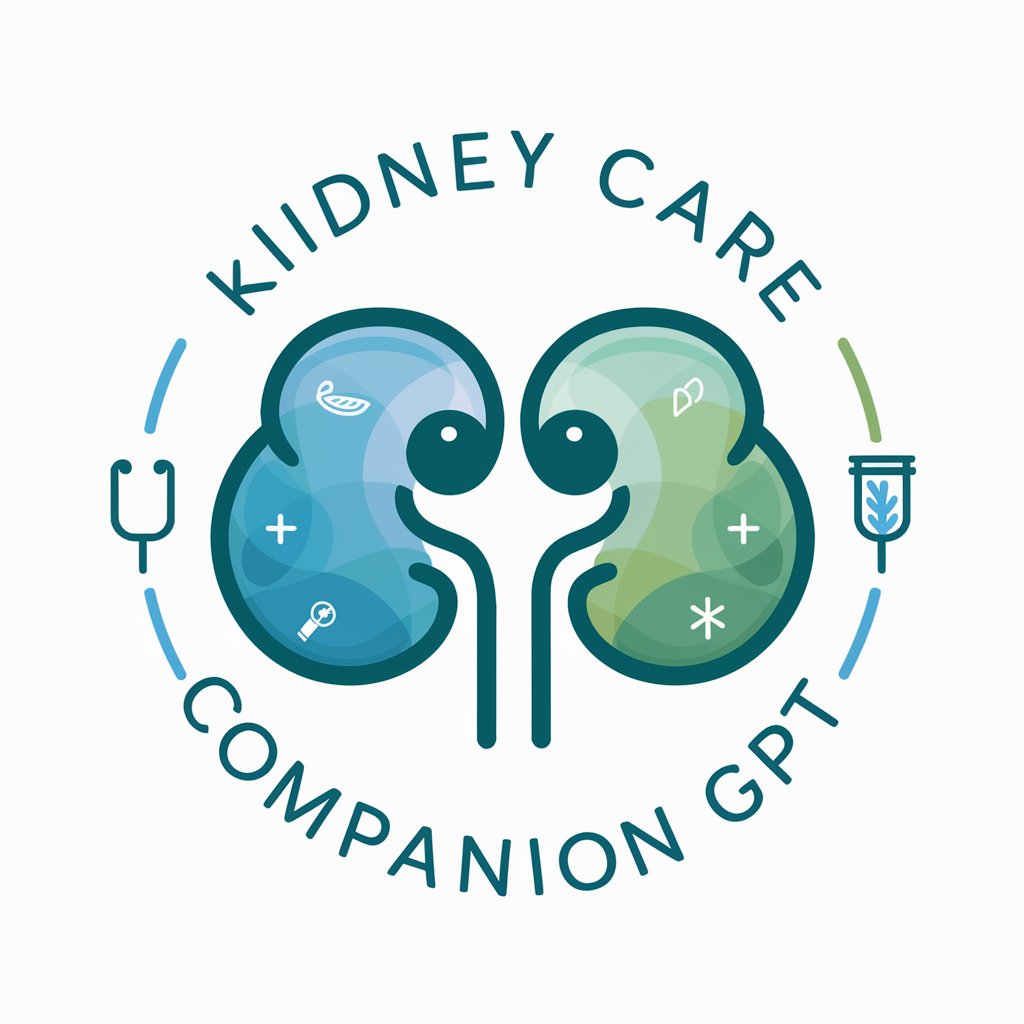
🩺 Endocrine Expert Assistant 🧬
Empowering Endocrine Insights with AI
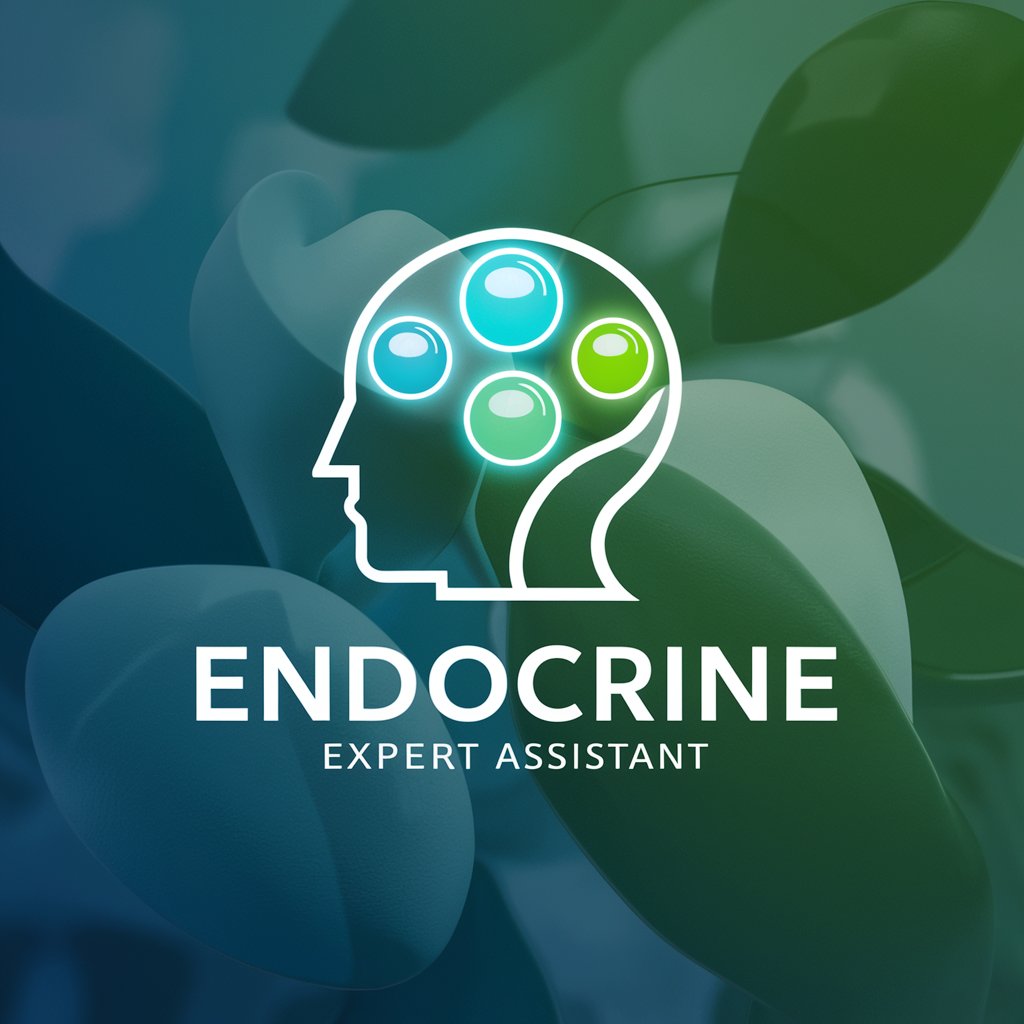
Gastro Genius Advisor 🍽️🔍
Empowering Digestive Health with AI
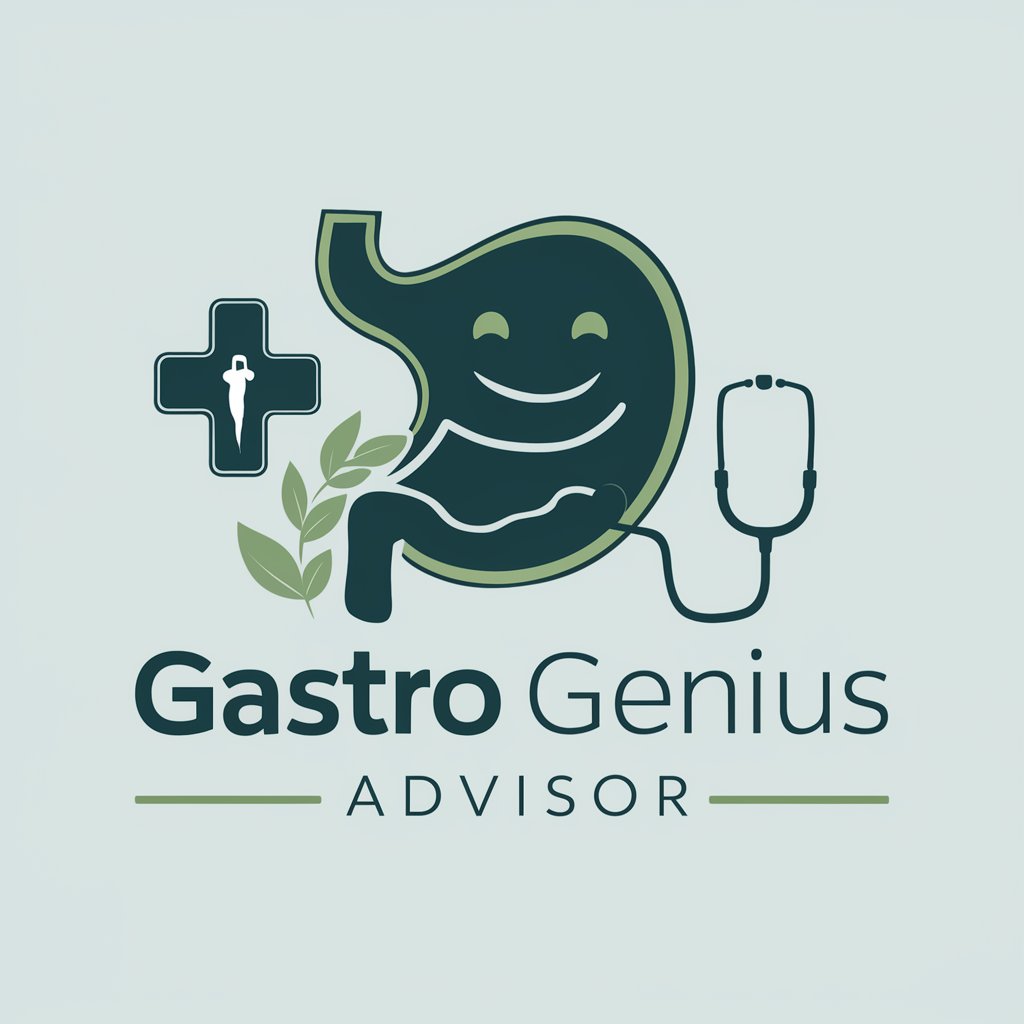
👩⚕️ Skin Health Virtual Consultant
AI-powered skincare insights at your fingertips.

❤️ Heart Health Navigator GPT
Empowering heart health with AI
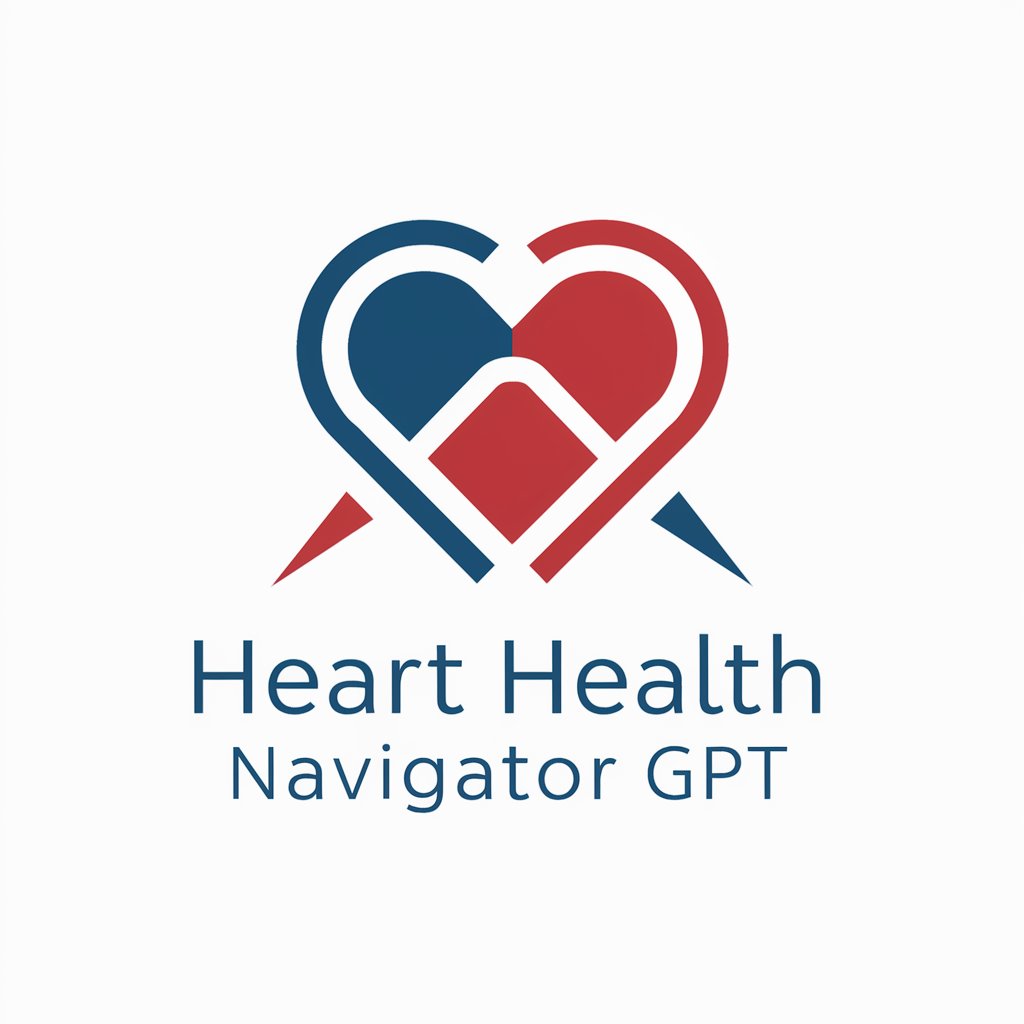
🌬️ BreatheEasy Pulmonology Pro 🩺
Empowering Lung Health with AI
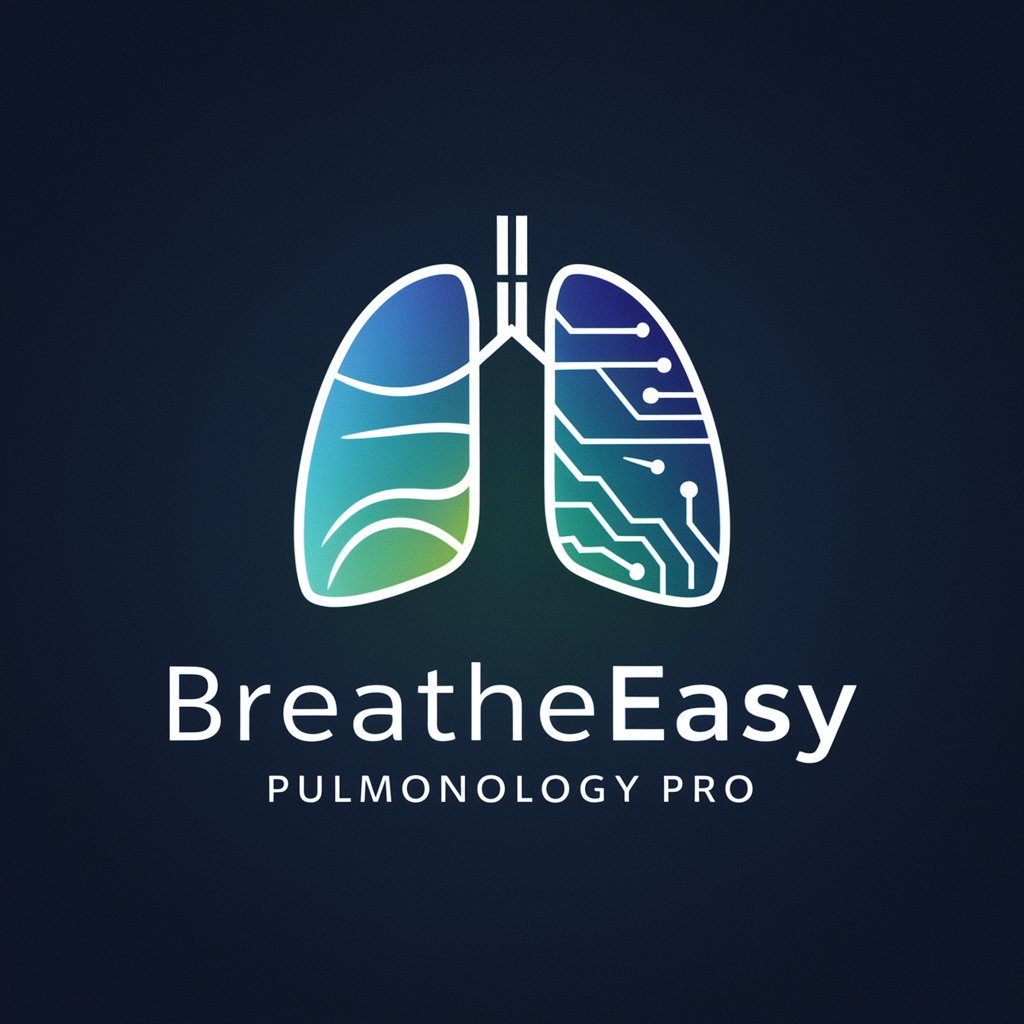
🩺 Arthritis Ally Expert 🤖
Empowering Your Arthritis Journey with AI
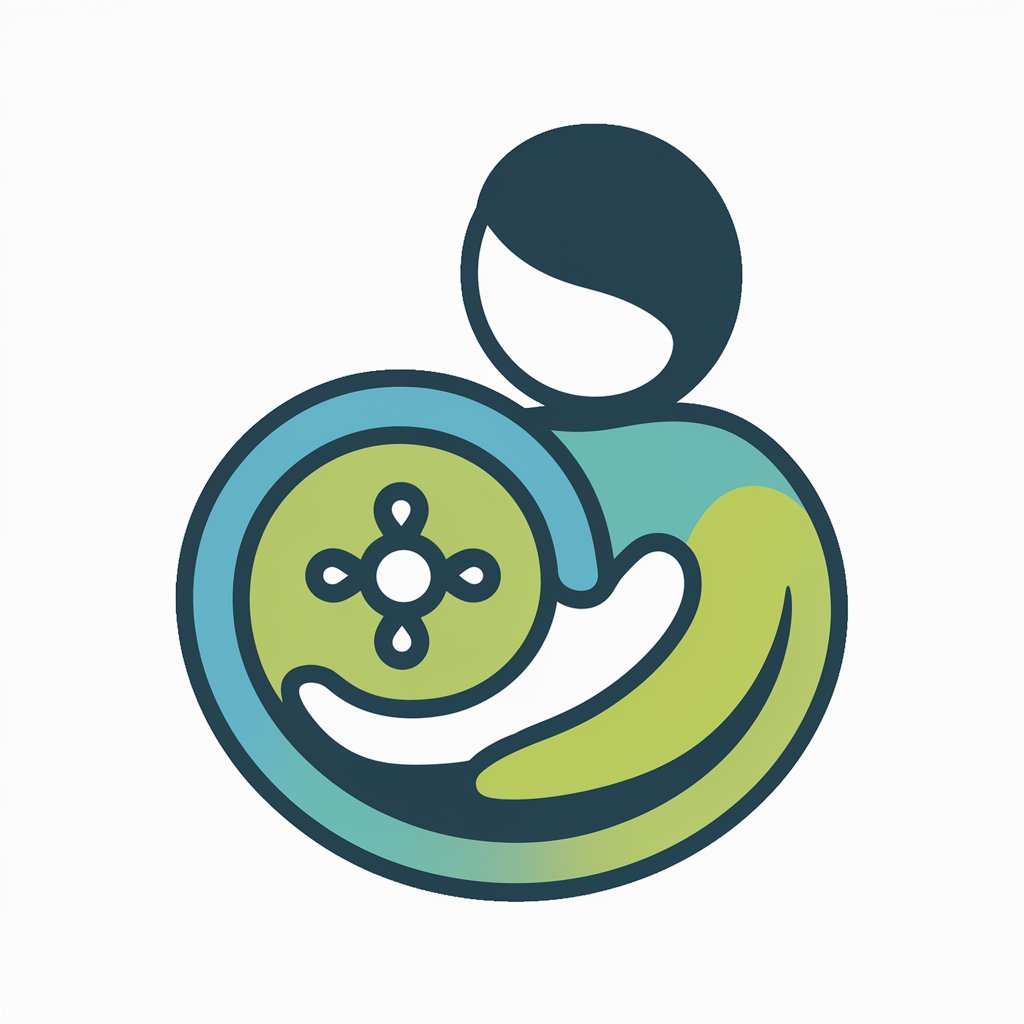
👶 Little Ones' Health Helper 🩺
Empowering Childcare with AI
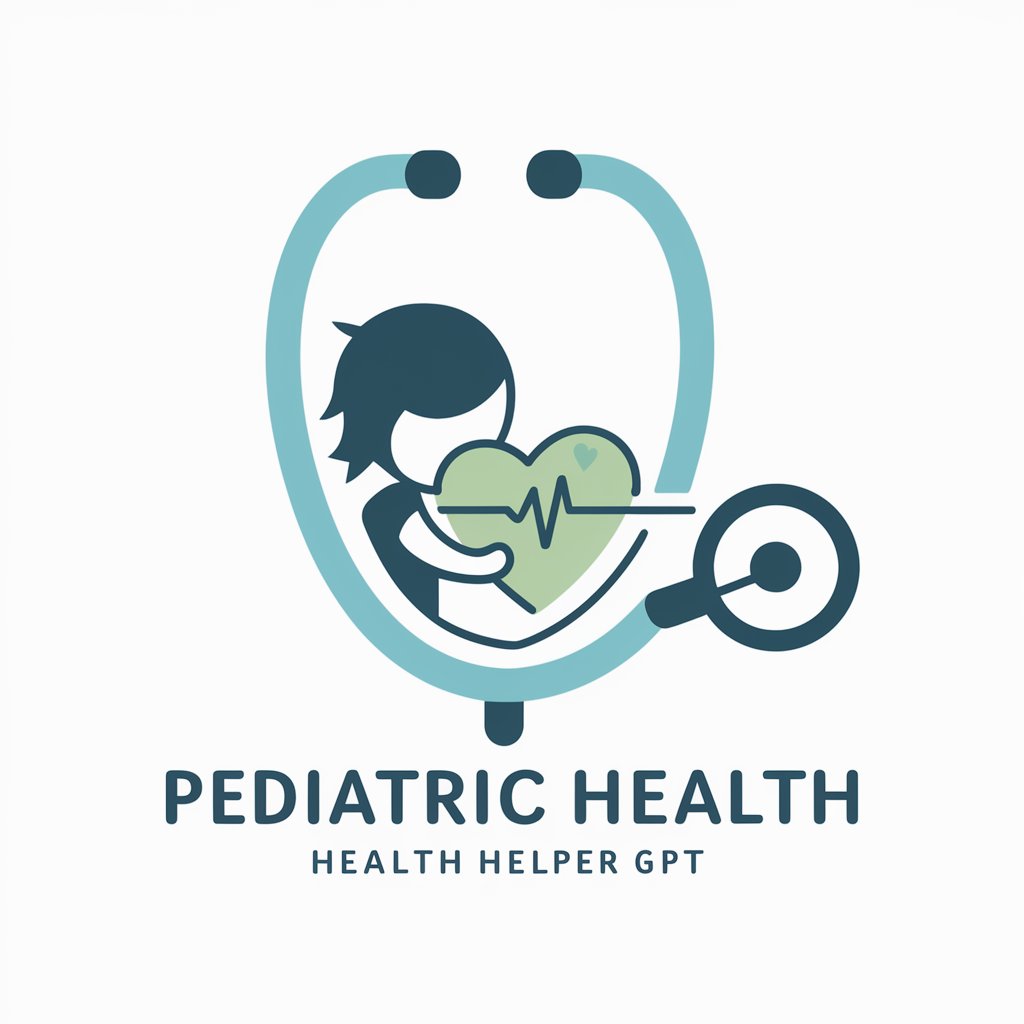
🤰👩⚕️ OB-GYN Virtual Consultant
Empowering women's health with AI
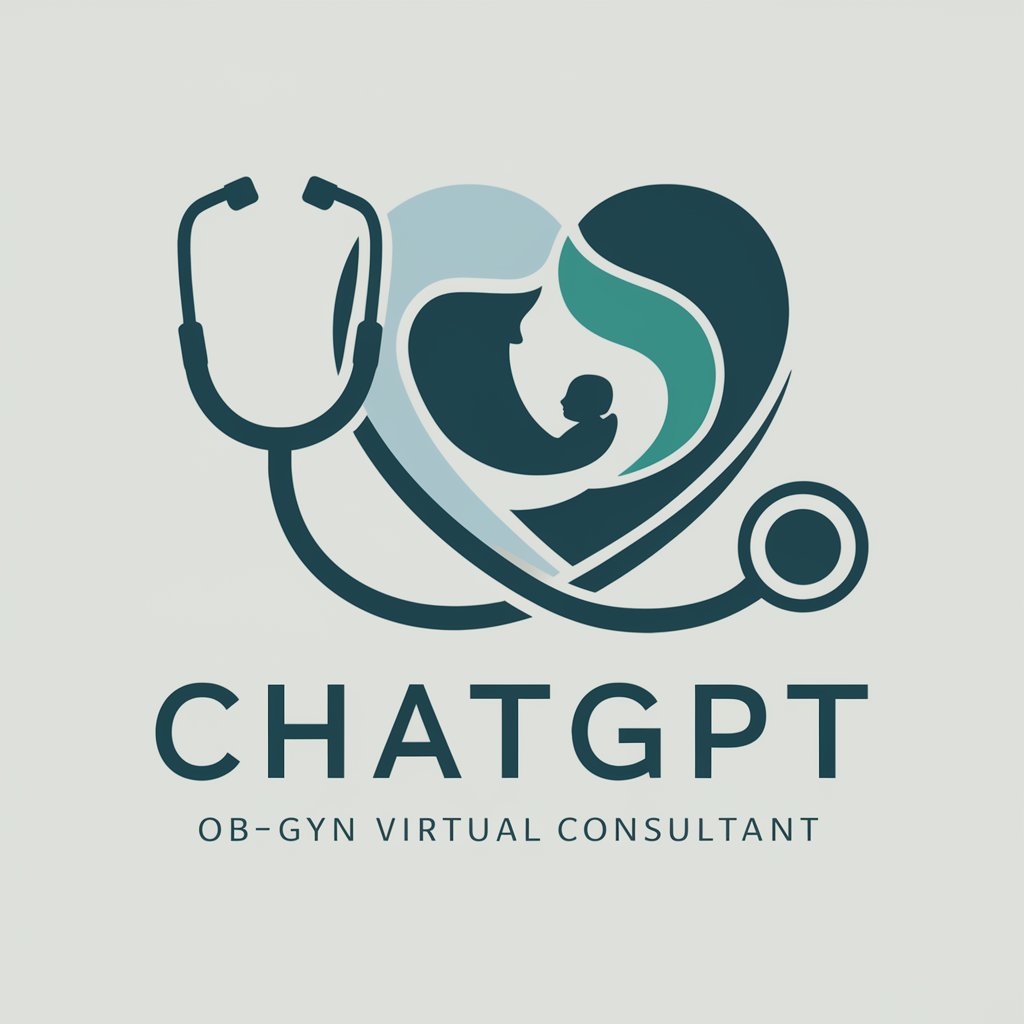
👁️ Eye Health Navigator GPT 👓
Empowering Your Vision with AI
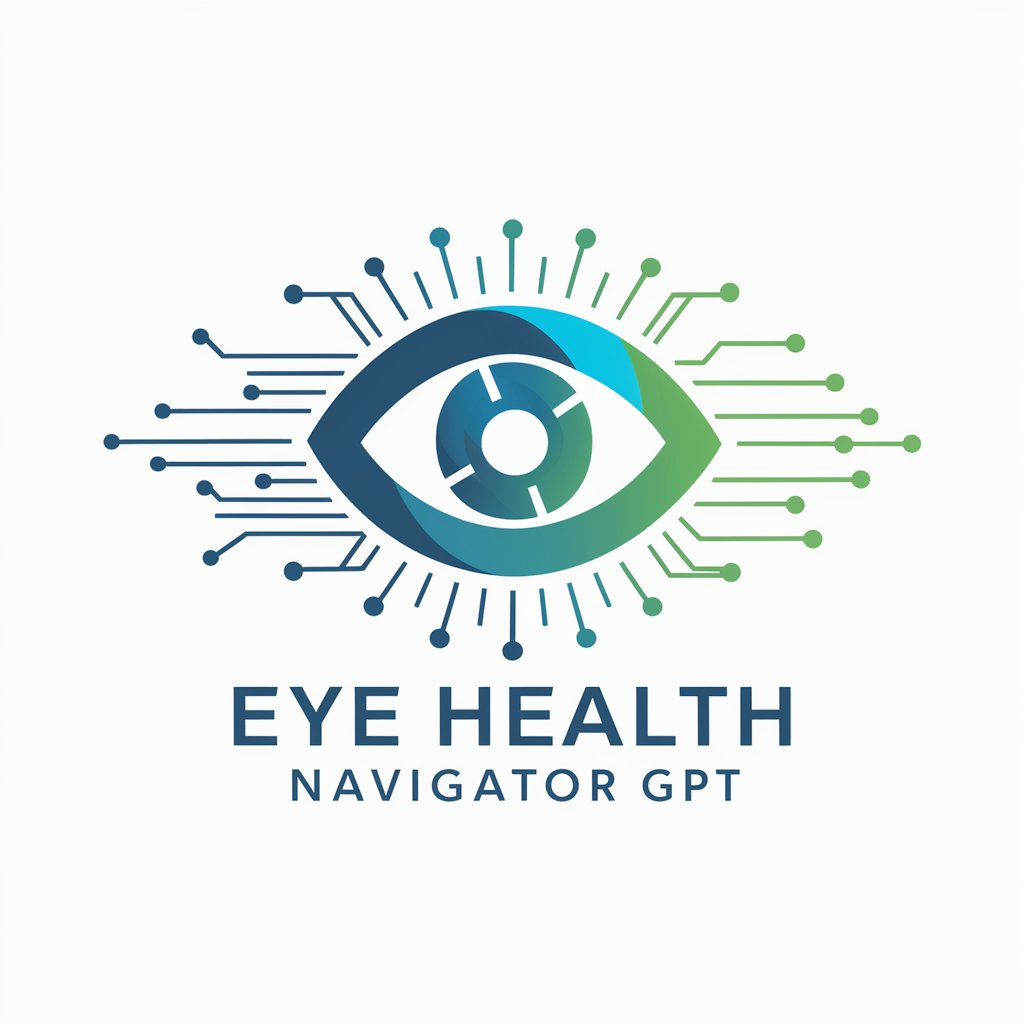
🩺 ENT Clinic Assistant 🩺
Empowering ENT knowledge with AI
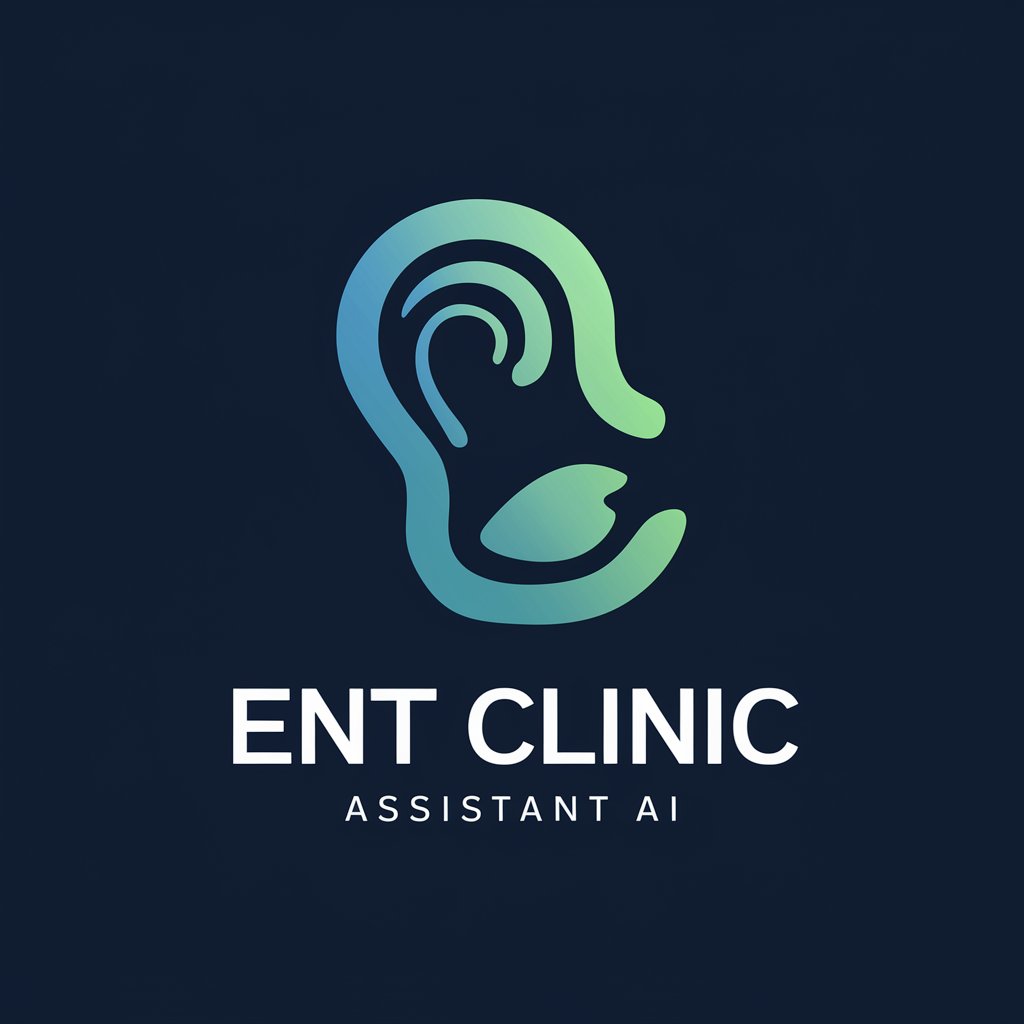
Frequently Asked Questions about Oncology Expert Assistant
Can the Oncology Expert Assistant diagnose cancer?
No, the assistant cannot diagnose cancer or any other diseases. It is designed to provide educational information and support informed discussions, not to offer medical advice or diagnoses.
How current is the information provided by the assistant?
The assistant has access to the latest oncology research and data up to its last update, enabling it to provide information on recent studies, clinical trials, and evolving treatment methodologies.
Can it provide personalized treatment options?
While it can offer information on various treatment options available for different cancer types, it cannot provide personalized treatment recommendations. Consultation with a healthcare professional is necessary for personalized medical advice.
Is this tool useful for medical students and professionals only?
While medical professionals and students might find it particularly useful, the tool is also designed for anyone seeking to understand more about oncology, including patients and their families, by simplifying complex medical jargon.
How can I use this tool to assist with academic research?
You can use the tool to get summaries of medical articles, understand complex oncology concepts, and explore the latest research findings, which can be helpful in writing papers, preparing presentations, or staying updated on oncological advancements.

